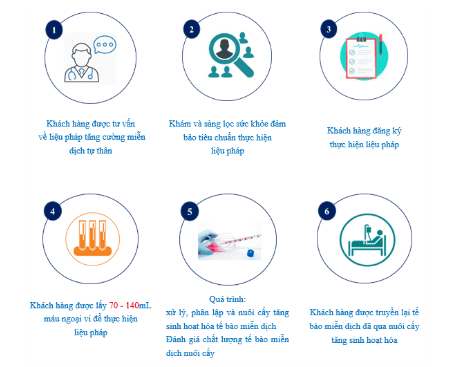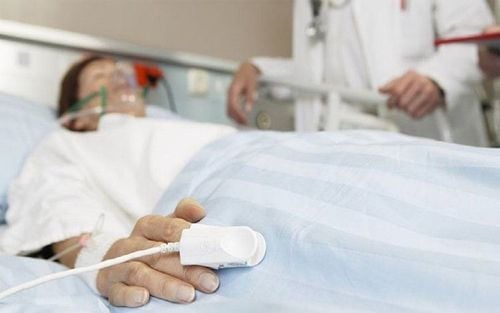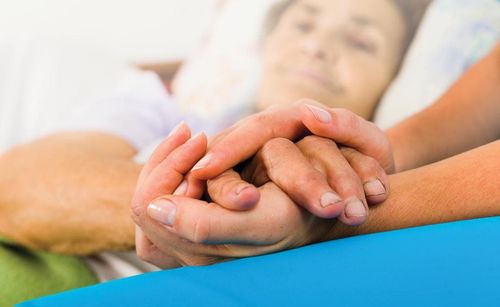This is an automatically translated article.
The article was written by Dr. BS Specialty I Bui Hanh Tam - Anesthesiologist for resuscitation and pain treatment, Department of Anesthesiology and Anesthesia - Vinmec Times City International General Hospital.For cancer in the elderly, palliative care is a special care but still based on the main principle of improving quality of life while helping to improve treatment effectiveness.
1. Meaning of palliative care
A cancer diagnosis can be devastating not only for the individual patient but also for their family. After this initial breakdown, we should think positively that this is the stage of living with a chronic illness.Indeed, cancer is not an acute disease, but it is the result of an underlying chronic disease. In particular, life expectancy is increasing due to better heart health care as well as better comprehensive care, so the rate of cancer is increasing, especially the elderly.
With the diagnosis of advanced cancer or metastatic cancer, this conclusion is only the next sign of the disease process for the doctor to orient or change the treatment strategy. As it progresses, there are still things we can do to have a smoother path to the end. When the body does not have enough strength to fight diseases anymore, the body's support, even cell support, and self-immunity enhancement is extremely necessary.

Quy trình thực hiện liệu pháp tăng cường miễn dịch tự thân
Palliative care helps improve the quality of life of cancer patients, prolonging life if the patient is planned palliative care early and suitable for specific conditions.
When someone in a family has cancer, often the life of the whole family is disrupted for a long time: patient, carer, loved one.... Therefore, palliative care and Home care needs to be planned, helping people cope with the fear of illness through early planning to reduce physical and mental pain.
When a patient is diagnosed with cancer, in addition to treating cancer, treating co-morbidities, treating symptoms such as pain, vomiting - nausea, fatigue, depression, anxiety, insomnia, boredom eating, even delirium, convulsions... The sooner these signs improve, the less consequences they will have.
2. Goals of palliative care
Palliative care, the goal of which is that no patient has to live in pain and die alone, actually consists of 3 stages:Stages of accessing palliative care: comprehensive care, palliative care pain - if any. Special palliative care phase: effective pain control. End of life stage - preparation for death. In Vietnamese culture and conditions, the role of palliative care is even more meaningful, helping to meet the needs and aspirations of the elderly in all aspects - especially in the spiritual aspect, saving human resources. care and especially time saving through palliative or home care.
Elderly people always have confided things, unfulfilled tasks - although small but sometimes very important, especially they always have concerns left when they get older related to family, brothers, children and other social relationships. Cancer is not an acute disease, so early and planned palliative care has many benefits for the family and the patient.
At Vinmec hospital, palliative care treatment in any stage of cancer is always focused with the coordination of all other specialists such as emergency resuscitation, cardiology, interventional pain management.
Please dial HOTLINE for more information or register for an appointment HERE. Download MyVinmec app to make appointments faster and to manage your bookings easily.













